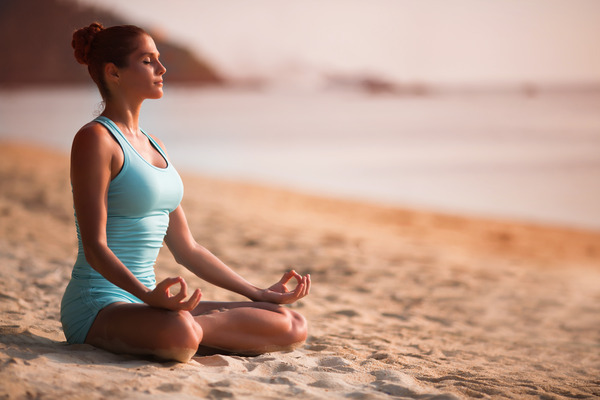All people have, by nature, one or more of their own strengths. Finding your main strength will help you gain extra self-confidence. Discover what personal strengths are and how to discover them.

Many of the people who come to consultation do not know their personal strengths It is very common that, in the first sessions, during the initial evaluation work, you hear the phrase: “I have a hard time finding my strengths.” So how can I discover my strengths?
What are a person’s strengths?
The strengths They can be defined as the positive qualities of a person, that is, the abilities that allow us to think, feel and behave in a different way from others and that make us stand out from others. Therefore, each person has different strengths that define them and make them special in different areas or skills. This area of knowledge has been studied for years from positive psychology, introduced by Seligman.
How to detect a person’s strengths?
In order to recognize what our strengths are, there are a series of tips that can help us identify them:
Step 1: Discover that you too have personal strengths, even if you may not know them
We can define personal strengths as (Cataluña and Fiz, 2014, p. 126):
“Resources that we all have to a greater or lesser extent, the difference with skills or competencies lies in the fact that skills require training, while strengths are natural talents “
Numerous studies show that every person has their own strengths (Peterson and Selligman, 2004). This is because they have a high genetic component. Over time, each person’s life history can enhance, but also hinder, these natural strengths. The good news is that modern psychology can help you enhance them. This field of research has discovered the existence of 24 personal strengths that are grouped into 6 virtues:
|
The wisdom: curiosity, desire to learn, critical thinking, creativity and perspective |
Courage: courage, perseverance, honesty and vitality |
|
The humanity: ability to love and be loved, generosity and social intelligence |
Temperance: self-control, prudence, modesty and the ability to forgive |
|
Justice: leadership, equanimity and teamwork |
The Transcendence: spirituality, sense of humor, hope, gratitude and the ability to appreciate beauty |
Step 2: The activities with the most flow will help you discover your strengths
Like the personal strengths They coincide, by definition, with the natural qualities of each one, using the main strengths does not require excessive or deliberate effort. They are exercised naturally. That is why sometimes it is not easy to identify them.
How to discover your personal strengths? Getting it will take you some time. It requires a continued exercise of self-knowledge. But you can take the first steps by answering these questions:
- Do you remember tasks that you were usually good at or needed less effort than other people?
- Do you remember when was the last time that, while building something, working on something or creating something, time flew by?
- What is easier for you to learn and what is more difficult for you?
- In which activities do you feel the most joy, excitement, enthusiasm or even ecstasy?

If by answering these questions you already have a group of activities in your mind, now you can discover what some of your main strengths are. You just have to connect the dots. Search from the list of virtues and strengths, those that match the activated ones on your list. For example, if you’ve always liked playing team games and you’re better at it than other people, your main strength is probably teamwork.
Step 3: Use your personal strength in different activities and environments
Imagine the following scenario: you achieve something that you set out to do and with the effort to achieve it, instead of feeling exhaustion or boredom, you feel personal satisfaction and a healthy pride in how well it turned out. This is one of the many consequences of exercising and practicing personal strengths.
Following the previous example of the strength of teamwork, now imagine that you use this strength outside of team games. Instead of feeling satisfaction and pride in how well your team has played, now imagine that you use this strength during house cleaning tasks, or when shopping or walking your pet, working, developing your personal project or facing interpersonal conflicts…
This is the main idea: use your personal strengths as much as you can in as many areas of life as you can You will increase your results, your performance and your personal satisfaction. And with it, your self-confidence. You will know how to recognize what you are good at by nature, use it when you need it and gain well-being when you are going through difficulties.
If you want to delve deeper into the discovery and application of your personal strengths, do not hesitate to look for a psychology professional trained in scientific knowledge of positive psychology. I’m sure he can help you.








